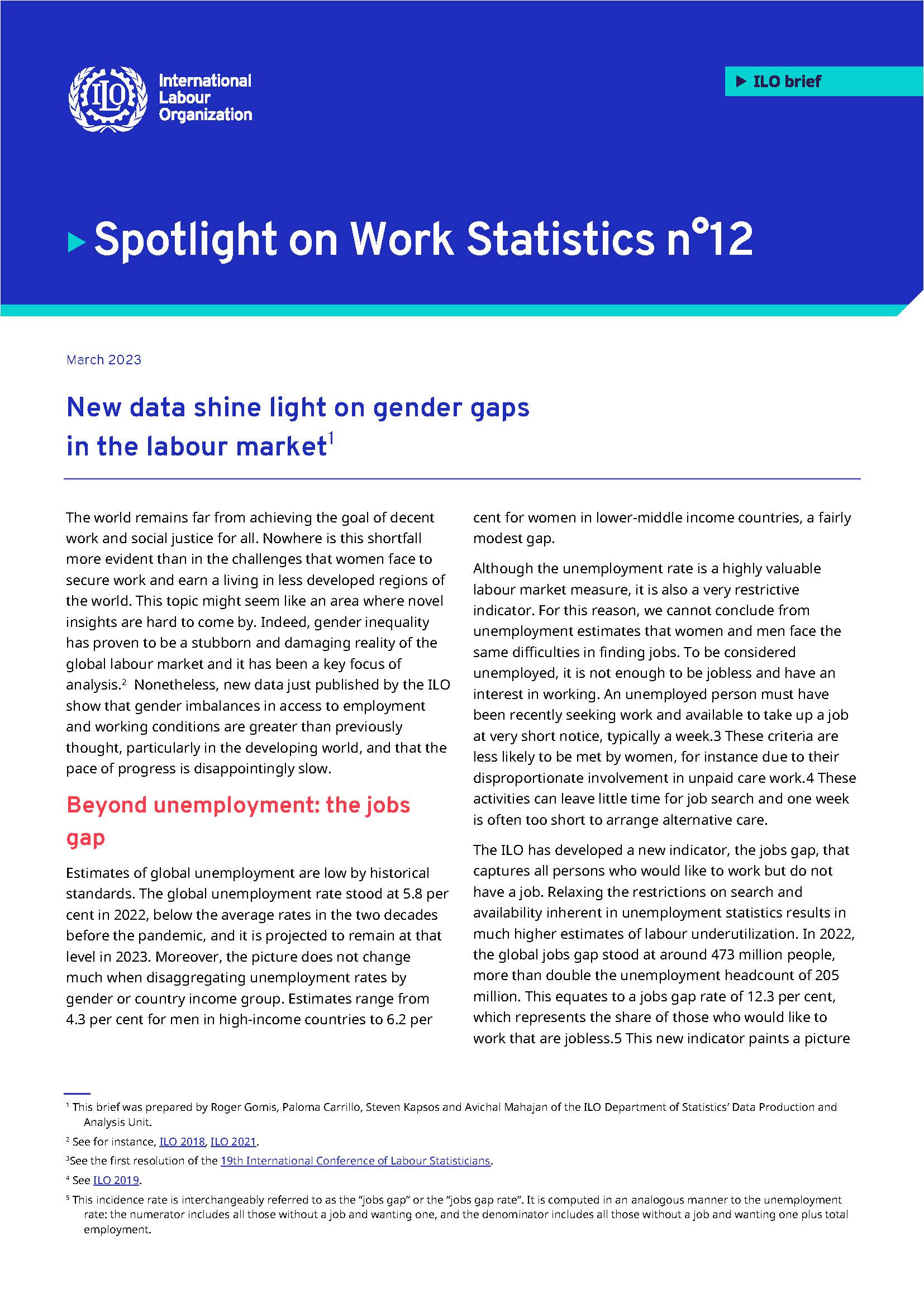From tradition to transformation: Employment trends in postal and courier services
Technology has severely affected demand for postal services. At the same time employment in the industry is still rising in most countries, driven by rapid growth in courier activities. This apparent contradiction in fact supports the idea that while technological progress can destroy jobs and displace workers, it can also create more jobs, creating a positive overall effect. Looking to the future, reskilling, upskilling and support to help postal services accelerate their digitalization and diversification processes will be key to building the resilience and adaptability of workers and enterprises in the sector.
From tradition to transformation: Employment trends in postal and courier services Read More »
















